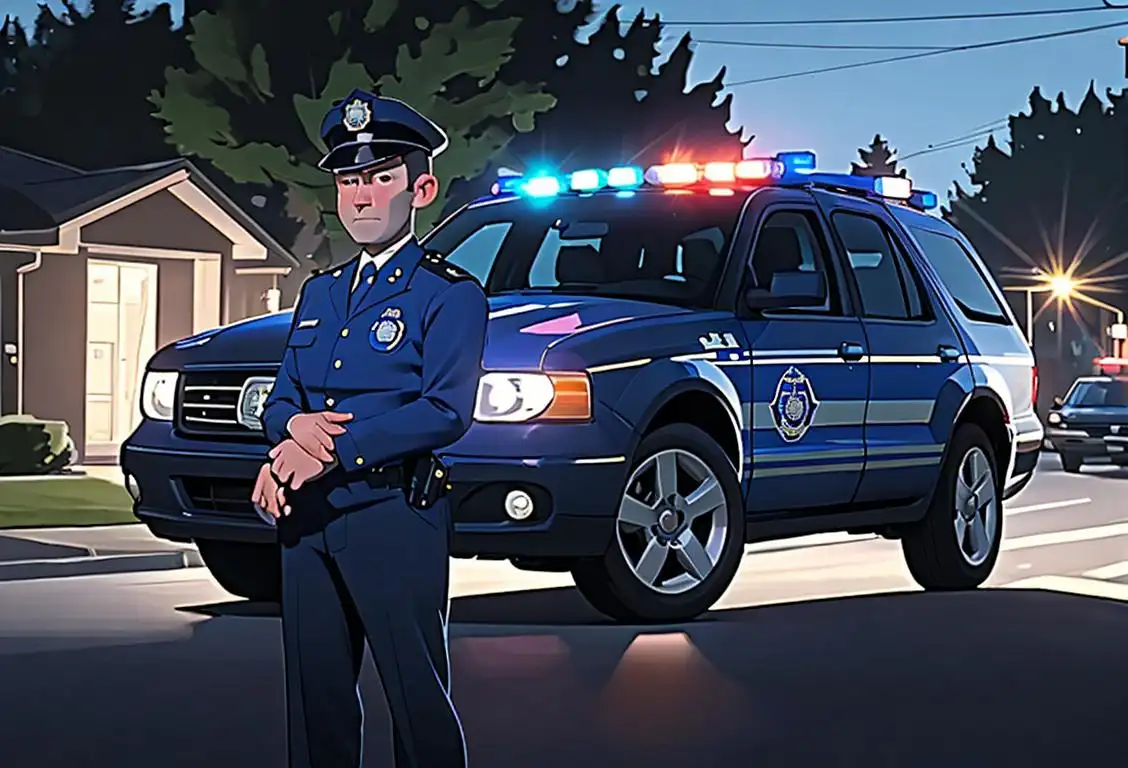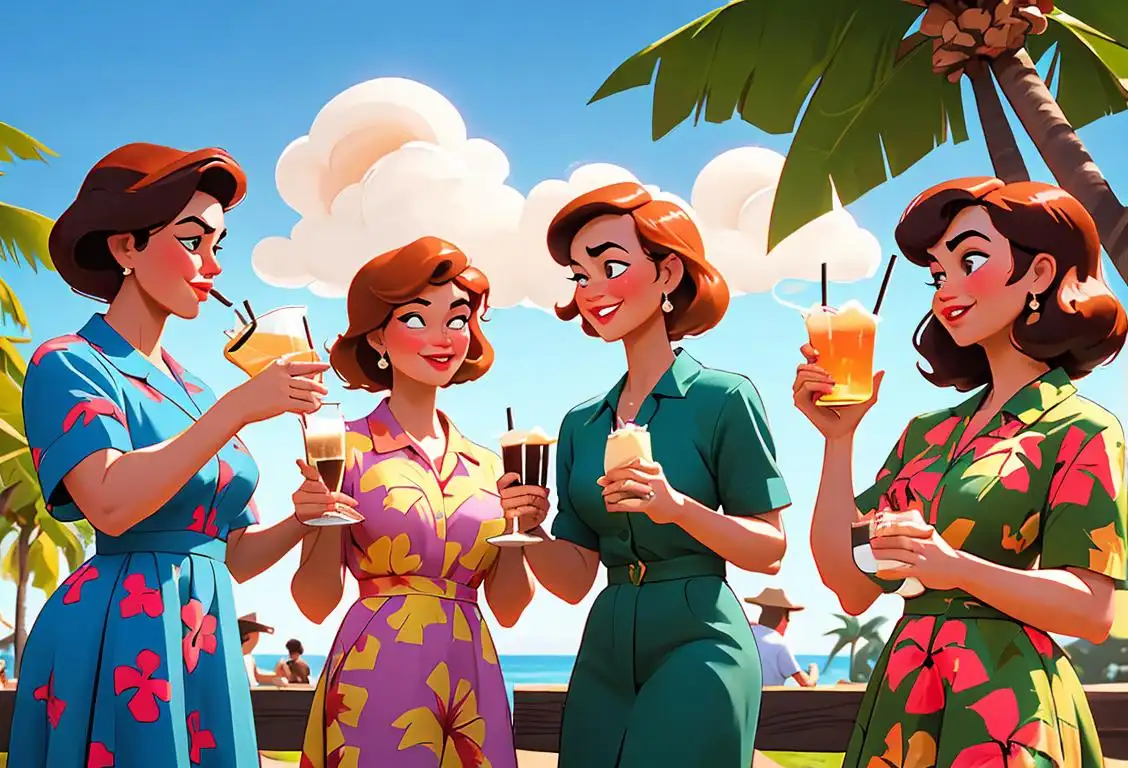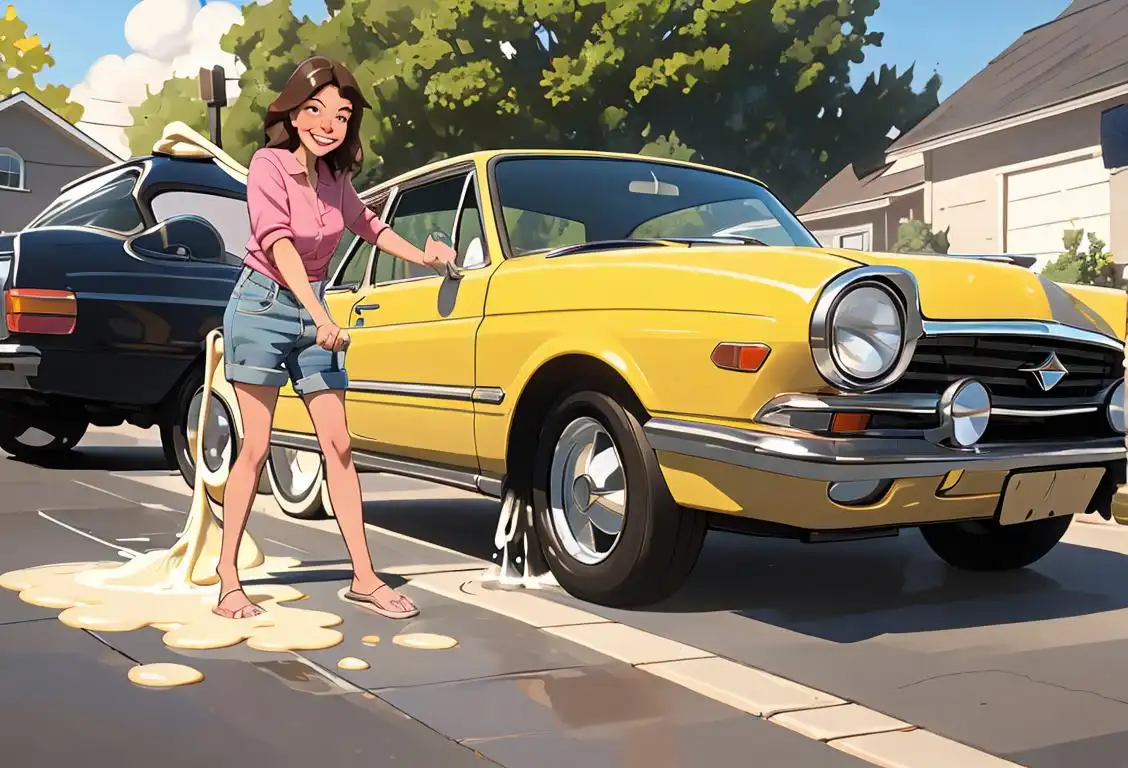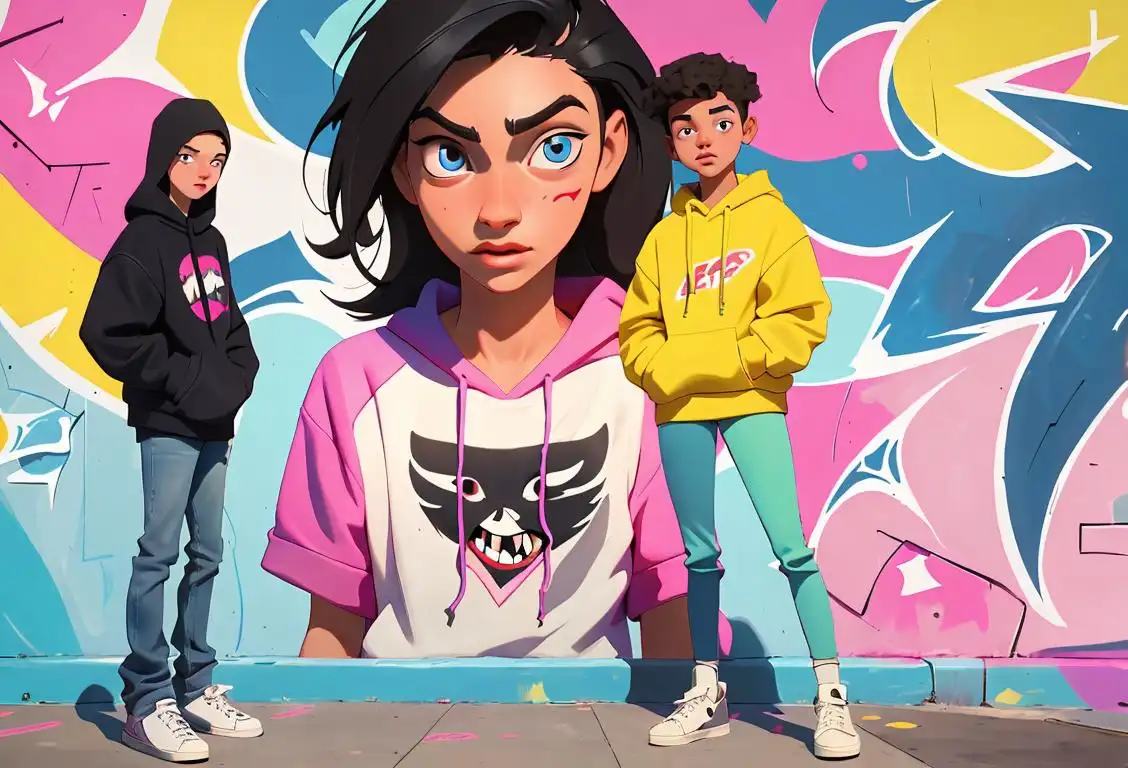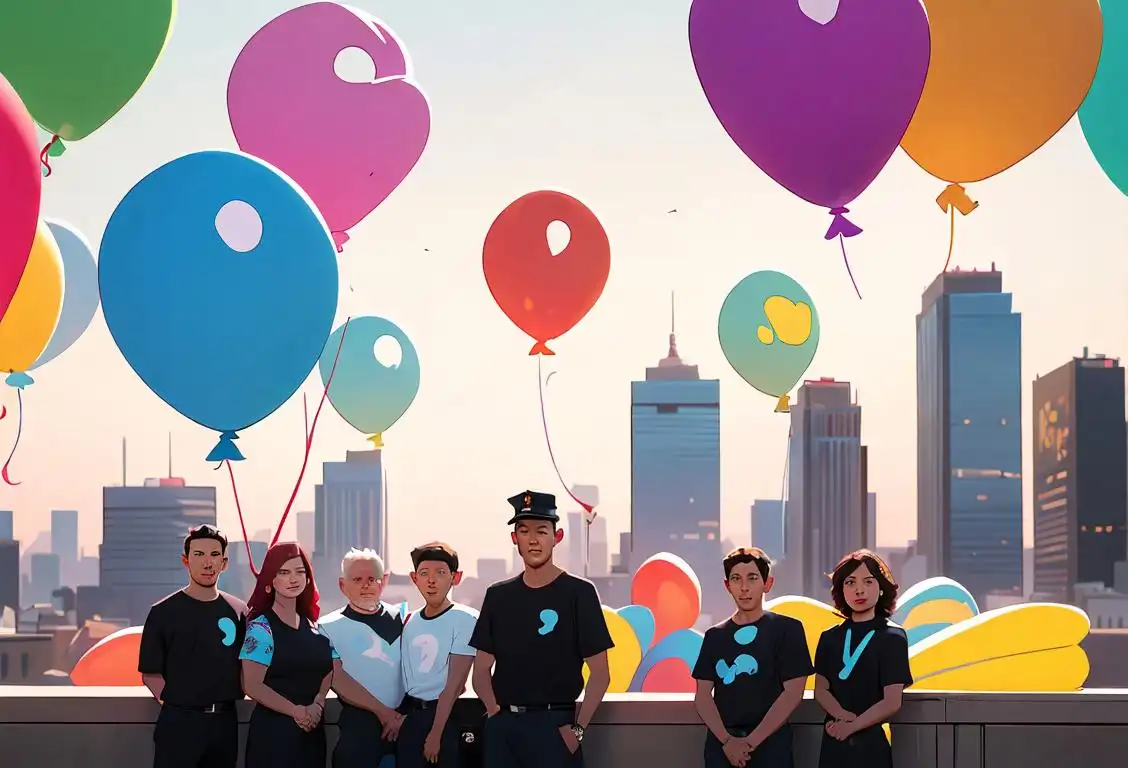National Hangover Day

Greetings to all those feeling a bit worse for wear and wandering to the fridge for some leftover pizza! Welcome to the best hangover buddy you never knew you needed - your trusty guide to National Hangover Day. A well-reputed 'unofficial' holiday that might just help you stumble your way through that pounding headache and dry mouth.
When is Hangover Day?
It's national hangover day on the 1st January.
What is National Hangover Day?
Say hello to National Hangover Day, the comfort blanket of national days, unofficially but popularly celebrated on January 1st each year. The day after some of the most outrageous New Year's Eve parties around the globe. As heads throb and stomachs churn, this day is all about recovery and commiseration.
The Online Buzz
Our website recorded a whopping 15475 mentions of National Hangover Day online, with the most significant spike on January 1, 2016. Could that have been because of a particularly spirited New Year’s celebration or just because the hashtag #NationalHangoverDay simply gained more attention that year? For any case, it seems that thousands of folks around the world find solace in celebrating their mutual post-celebration strife online.
Coming Together in Commiseration
There's a certain camaraderie in sharing a collective sigh (or groan) in the aftermath of ringing in the new year. National Hangover Day has turned into something of a digital detox – promoting lowkey recovery, rest, rehydration and perhaps even a bit of laughter at our own expense. So, here's to the giant panda-eyed selfies, the confused pets observing their sprawled out humans, and the universal declaration of ‘I'm never drinking again!’.
A Toast to Health
And while there's a definite humor in collectively acknowledging a hangover, let's not forget this day is also a stern reminder to drink responsibly. So, as you reach for that oh-so-tempting leftover pizza, remember to balance it with a sizable glass of water, because after all, your health matters!
History behind the term 'Hangover'
1660
The Birth of the Term
The term 'hangover' originates from the 1660s in England. It was coined to describe the physical and emotional aftereffects of heavy drinking, often resulting in headache, nausea, and general malaise. The term likely arose from the notion that these symptoms were a consequence of the body 'hanging over' or lingering from the previous night's imbibing.
1896
Medical Recognition
By the late 19th century, 'hangover' was gaining recognition in medical literature. In 1896, The British Medical Journal published an article titled 'The Forlorn Hope' which discussed the physiological effects of alcohol consumption, including the dreaded hangover. This article helped solidify the term within the medical community and further popularize its usage.
1911
Emergence in Popular Culture
The term 'hangover' began to make its way into popular culture in the early 20th century. In 1911, F. Scott Fitzgerald, a renowned American author, used the word in his debut novel 'This Side of Paradise.' The inclusion of 'hangover' in literature helped to cement its place in the vernacular and bring broader awareness to the phenomenon.
1950s and 1960s
Rise of Hangover Remedies
As hangovers became more commonly experienced and understood, various remedies and treatments began to emerge. In the 1950s and 1960s, commercially available 'hangover cures' started appearing on the market. These remedies often claimed to alleviate the symptoms of a hangover, though their effectiveness was often questionable. Nonetheless, their existence further solidified the cultural significance of the term.
Present Day
Hangover in Modern Culture
The term 'hangover' has become deeply ingrained in modern culture. It is now widely understood and used to describe the uncomfortable physical and mental state following excessive alcohol consumption. The concept has been further popularized by films and TV shows that humorously depict characters dealing with the aftermath of a night of heavy drinking. Today, 'hangover' is a part of our everyday language and continues to be a relatable experience for many.
Did you know?
Did you know, there's an 'ancient hangover cure' that dates back to ancient Rome? The Romans believed in eating fried canaries or raw owl's eggs to cure a hangover. We must say, a hot cheese pizza seems much more appetizing.Tagged
awareness fun community celebration recoveryFirst identified
8th March 2015Most mentioned on
1st January 2016Total mentions
15475Other days
Hangover Day
Thank A Police Officer Day
Cheese Pizza Day
Law Day
Beverage Day
Car Wash Day
Youth Day
James Day
Technology Day
Thug Day
